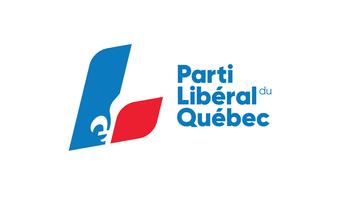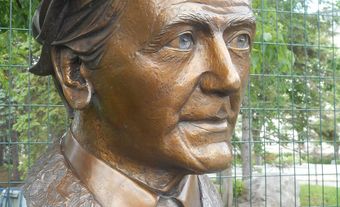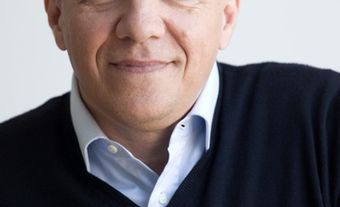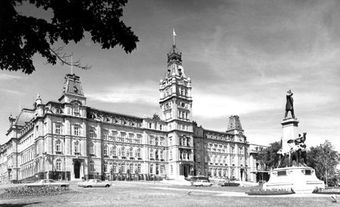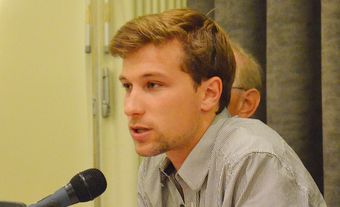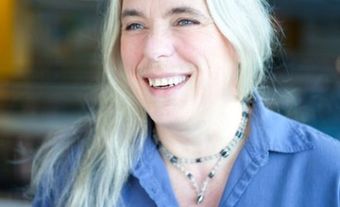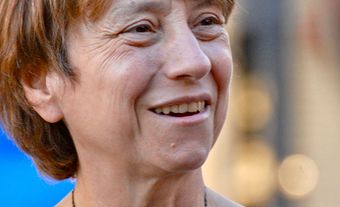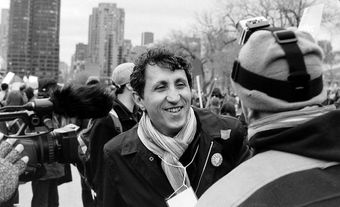Québec solidaire is a progressive, left-wing provincial political party officially formed on 4 February 2006 in Montreal. Its key principles and values are the environment, social justice, feminism, alter-globalization, democracy, pluralism, sovereignty and solidarity. Québec solidaire has ten members in the National Assembly of Quebec, as a result of the 2018 elections, being the third-largest party. The party is represented by the spokespersons Gabriel Nadeau-Dubois and Ruba Ghazal.

Founding
Québec solidaire was officially formed after a Université de Montréal conference on 4 February 2006. It was created through the merger of the Union des forces progressistes (UFP) and Option citoyenne (a political movement founded in 2004 by Françoise David). In 2002, the Rassemblement pour une alternative progressiste (RAP), the Parti de la démocratie socialiste (PDS), and the Parti communiste du Québec (PCQ) united to form the UFP.

Québec solidaire Principles and Values
Québec solidaire’s core principles and values are the environment, social justice, feminism, alter- globalization, democracy, pluralism, Quebec sovereignty, and solidarity. Some political activists and observers believe that this loosely connected set of principles and values has above all diluted the party’s platform and that they may be too disparate to win over voters.
Since the beginning, a heated debate has raged within the party over having two spokespersons. Some activists do not support dual leadership, especially for media relations. Others believe that two leaders are essential for a gender-equal and more democratic party that can reach out to more voter categories.
The 2007 and 2008 General Elections
Québec solidaire participated in its first general election on 26 March 2007. Among the 123 candidates were spokespersons Amir Khadir and Françoise David, who ran in the Montreal ridings of Mercier and Gouin respectively. Over half of the party’s candidates were women (65 in total), a record in North America. Québec solidaire won 3.64 per cent of the popular vote (144,418 votes). Although Amir Khadir and Françoise David performed well in their ridings with 29 and 26 per cent respectively, they finished second behind Parti Québécois candidates Nicolas Girard and Daniel Turp. Québec solidaire did not achieve its goal of mounting a strong challenge to the traditional parties in a dozen ridings.
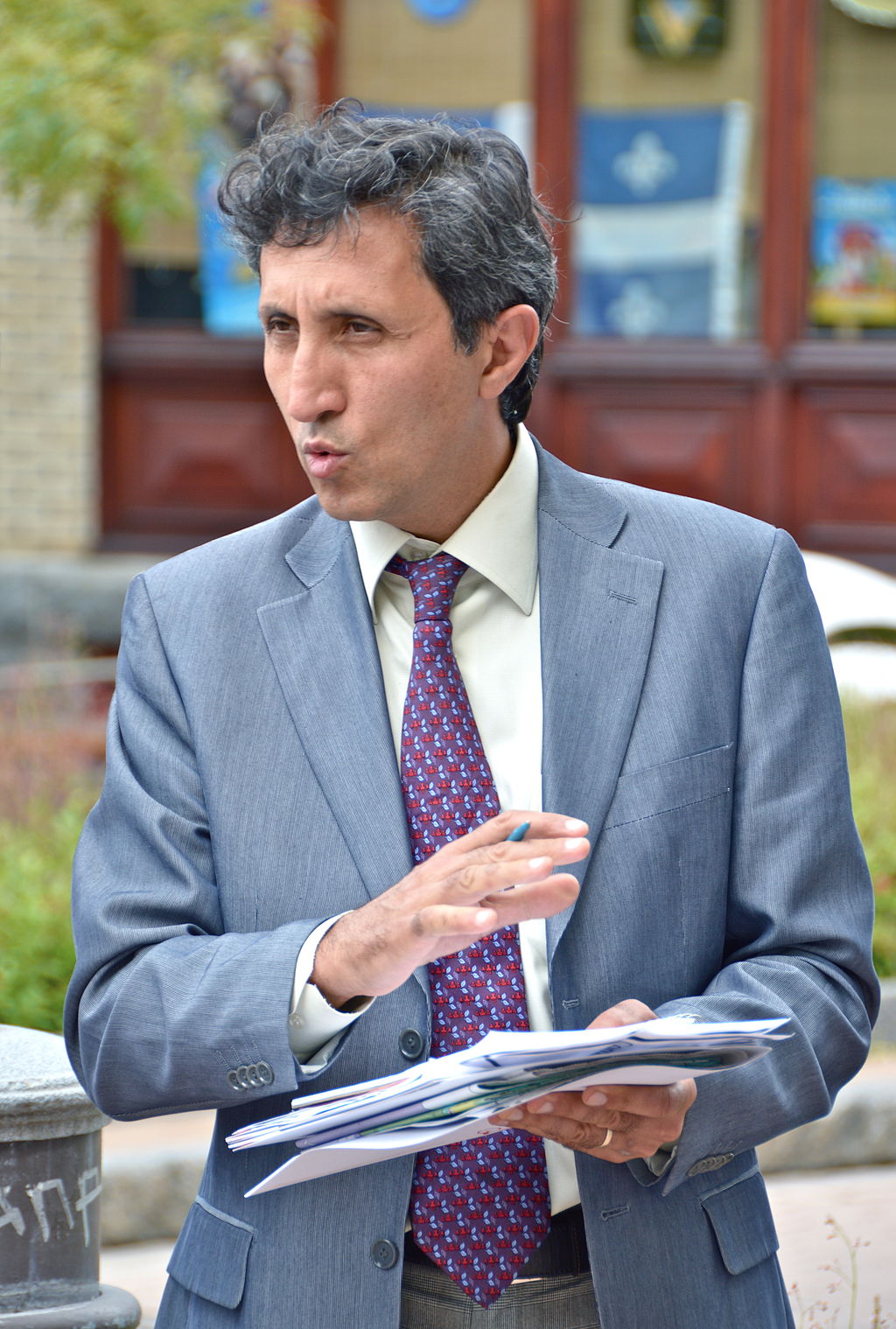
The following year, Québec solidaire fought its second general election. Leading a minority Liberal government, Premier Jean Charest called Quebec voters to the polls on 8 December 2008. Québec solidaire leaders and activists were looking to elect their first members of the National Assembly (MNAs). All eyes were on the results coming in from Mercier and Gouin, where Amir Khadir and Françoise David were running again. Québec solidaire activists were optimistic about victory in the two ridings, which had been PQ strongholds since 1976 with the exception of the 2001 Liberal victory in Mercier. At 9 p.m., Amir Khadir was confirmed elected in Mercier with 38 per cent of the vote. Khadir became the first socialist MNA (see also Social Democracy). However, Françoise David did not join him: she finished second in Gouin with 32 per cent. With 122, 618 votes, Québec solidaire failed to win more than 4 per cent of the popular vote.
Québec solidaire in the National Assembly
After taking his seat in the National Assembly, Amir Khadir, a physician, became the leading advocate for ethics and integrity in public life. His diatribe against Henri-Paul Rousseau, former Caisse de dépôt et de placement du Québec president and CEO, about the fund’s $40-billion loss will go down in National Assembly history. During his term, Khadir never missed an opportunity to expose construction industry and party financing corruption, and especially the use of “straw man” schemes for election financing. He was the first MNA to call for a public inquiry into the issue, and this led to the creation of the Charbonneau Commission in the fall of 2011. In the spring of 2012, Amir Khadir supported Quebec students in their fight against the tuition fee hike proposed by the Charest government (see 2012 Québec student strike).
In the election of 4 September 2012, Françoise David won in Gouin with 46.03 per cent of the vote. She joined Amir Khadir, who was re-elected in Mercier with 46.73 per cent. Overall, Québec solidaire won 6.03 per cent of the popular vote (263,111 votes).
Secularism and Sovereignty
Secularism/pluralism and achieving sovereignty have always been the two main topics of debate within Québec solidaire. Activists remain very divided on both issues; some are in favour of open secularism and denounce Bill 60 (see Charter of Québec Values), introduced by the Pauline Marois government, while other activists who created the Collectif pour la laïcité support a more inclusive secularism and are against the wearing of religious symbols by public servants. As for sovereignty (see Separatism), a number of activists question the relevance and usefulness of the idea of convening a constituent assembly to launch the referendum process.
April 2014 General Election
Québec solidaire won 7.63 per cent of the popular vote (323,124 votes) in the 7 April 2014 election. Manon Massé, a well-known community activist who had run in the 10 April 2006 election as the party’s first-ever candidate, won in the Sainte-Marie–Saint-Jacques riding in Montréal. She became the party's third MNA, joining Françoise David and Amir Khadir, who were both re-elected in their ridings.
In January 2017, Françoise David announced her departure from politics for health reasons. Gabriel Nadeau-Dubois, one of the young leaders of the 2012 student strike, succeeded her in the Gouin riding during the 29 May 2017 by-election. A few days earlier, he was chosen alongside Manon Massé as the new co-spokesperson for Québec solidaire.
On 2 December 2017, activists endorsed a proposal to merge with Option nationale, another sovereigntist and progressive party. The merger was confirmed the following week during a vote held among Option nationale members gathered at an extraordinary congress.
The 2018 Elections: a Historic Breakthrough
At the 2018 elections, Québec solidaire received 16.1 per cent of the votes, which placed the party at less than one per cent behind the Parti Québécois. Vincent Marissal, the candidate of the QS in the riding of Rosemont, defeated Jean-François Lisée, the leader of the PQ. Québec solidaire won ten seats in 2018, while prior to these elections the party was holding three seats. QS made a number of breakthroughs outside of Montreal, namely in Québec City, Sherbrooke and Rouyn-Noranda-Témiscamingue (see Rouyn-Noranda). It became the third-largest party in the National Assembly after the departure of a number of PQ members.
The 2022 Elections
Following the 2022 elections, the number of Québec solidaire’s members in the National Assembly increased from 10 to 11, with 8 seats in Montreal. The party had a breakthrough in the electoral district of Verdun, but lost its seat in Rouyn-Noranda-Témiscamingue. With 15.4 per cent of the popular vote, Québec solidaire had the second largest number of votes. However, the Liberal Party continued to form the official opposition, with 21 MNAs and less than 14.4 per cent of the popular vote.
Following the resignation of the leader of the Liberals, Dominique Anglade, in November 2022, Québec solidaire won the byelection in the Montreal riding of Saint-Henri-Sainte-Anne, in March 2023. The QS candidate, Guillaume Cliche-Rivard, won with 44.5 per cent of the vote against only 29 per cent for the Liberal candidate.
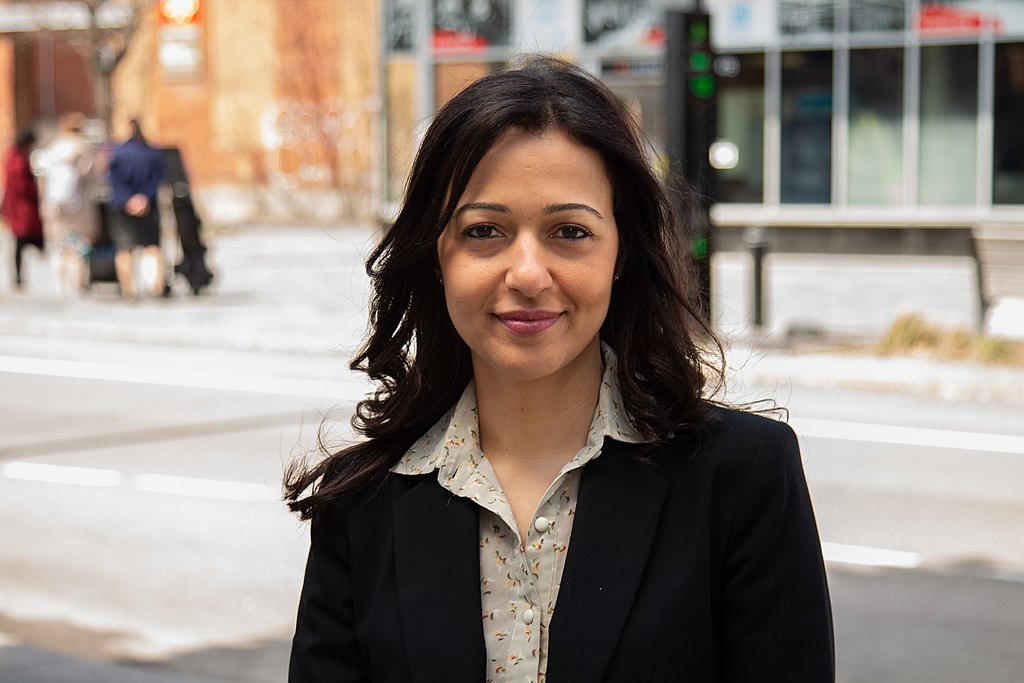

 Share on Facebook
Share on Facebook Share on X
Share on X Share by Email
Share by Email Share on Google Classroom
Share on Google Classroom


